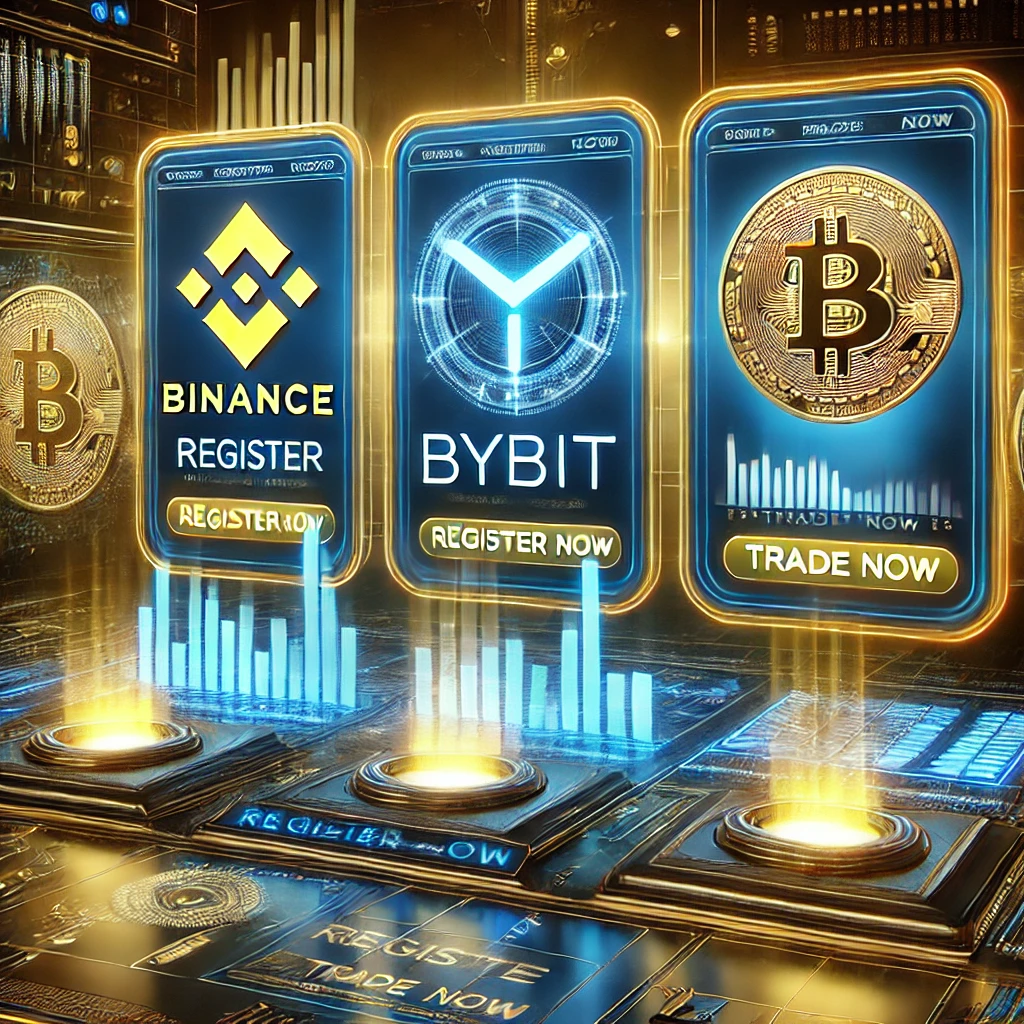Introduction
In the evolving landscape of cryptocurrency trading, decentralized exchanges (DEXs) have emerged as a vital alternative to traditional centralized exchanges (CEXs). These platforms offer greater security, transparency, and user control over funds. In this article, we will explore what DEXs are, how they work, and their advantages and disadvantages compared to centralized exchanges.
What is a Decentralized Exchange (DEX)?
A decentralized exchange (DEX) is a peer-to-peer marketplace where cryptocurrency transactions occur directly between traders without relying on an intermediary or central authority. Unlike centralized exchanges, which require users to deposit funds into a platform-controlled wallet, DEXs allow users to retain full custody of their assets, enhancing security and privacy.
How Do DEXs Work?
DEXs operate on blockchain technology and utilize smart contracts to facilitate trustless trading. Here’s how they typically function:
- Order Matching: DEXs use automated market makers (AMMs) or order book models to match buyers and sellers.
- Liquidity Pools: Many DEXs rely on liquidity pools, where users provide crypto assets to facilitate trades in exchange for rewards.
- Smart Contracts: Transactions are executed through self-executing smart contracts, eliminating the need for intermediaries.
- Wallet Integration: Users connect their personal wallets (e.g., MetaMask, Trust Wallet) directly to the DEX and trade without depositing funds.
Advantages of Using a DEX
- Security: No central authority holds user funds, reducing the risk of hacks or exchange failures.
- Privacy: Users do not need to complete KYC (Know Your Customer) procedures, maintaining anonymity.
- Control Over Funds: Users retain full custody of their crypto assets at all times.
- Access to a Wide Range of Tokens: DEXs often list new and lesser-known tokens before they appear on centralized exchanges.
Disadvantages of DEXs
- Liquidity Issues: Some DEXs have lower trading volumes, which may lead to price slippage and inefficiencies.
- Complexity: The user experience can be challenging for beginners unfamiliar with blockchain technology and smart contracts.
- Higher Transaction Costs: Depending on network congestion, transaction fees (gas fees) on DEXs can be expensive, especially on blockchains like Ethereum.
Popular Decentralized Exchanges
- Uniswap (Ethereum-based AMM DEX)
- PancakeSwap (Binance Smart Chain DEX with low fees)
- Curve Finance (Specialized in stablecoin trading)
- dYdX (Focuses on decentralized margin and futures trading)
Conclusion
Decentralized exchanges provide a more secure, transparent, and user-controlled alternative to centralized trading platforms. While they come with some challenges, such as liquidity concerns and higher transaction costs, the benefits of security, privacy, and accessibility make them an essential part of the cryptocurrency ecosystem. As blockchain technology advances, DEXs are expected to become even more efficient and widely adopted.
📌 Start Trading on a DEX Today! To explore DEX trading, consider using platforms like Uniswap, PancakeSwap, or dYdX. Always ensure that you understand the risks and use a secure wallet for transactions.


Leave a Reply